
The US Food and Drug Administration approved the VERSANT Zika RNA 1.0 Assay (kPCR) Kit for Emergency Use Authorization, as the number of locally transmitted Zika cases rose to 14.

The US Food and Drug Administration approved the VERSANT Zika RNA 1.0 Assay (kPCR) Kit for Emergency Use Authorization, as the number of locally transmitted Zika cases rose to 14.
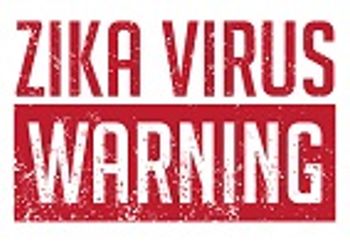
The four previously reported non–travel-related cases of Zika infection have now been confirmed to be locally acquired in Miami-Dade county, Florida.

In response to the growing outbreak, and the escalating need for a vaccine that can be used in infants, those who are immunocompromised, and other populations in whom currently available vaccines are not to be administered, the NIAID has entered a vaccine manufactured by Bavarian Nordic into Phase I trials.

After failed requests for funding and warnings of the inevitable, the Florida Department of Health is investigating what could be the first cases of active Zika Transmission in the United States.

Recently, there have been several breakthroughs in the fight against HIV, including trials that would test an HIV vaccine targeting a specific subtype of the virus, and several prevention methods that would reduce the risk of infection transmission.

As a second case of non–travel-related Zika infection comes to light in Florida, researchers from Brazil discover another mosquito that they believe may be spreading the virus.
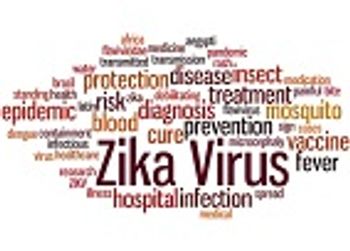
The Centers for Disease Control and Prevention (CDC) announced that it will be granting a total of $60 million, in addition to previously granted funds, to states, cities, and territories, to protect Americans from the virus.
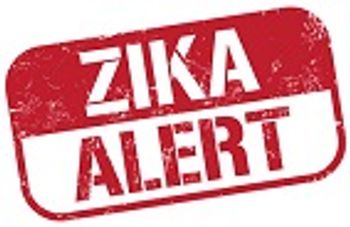
The Centers for Disease Control and Prevention (CDC) is currently working with local health officials to investigate what seems to be the first case of locally-acquired Zika in the United States.

Groundbreaking research has uncovered several possibilities to potentially cure HIV in patients receiving antiretroviral therapy (ART), while a new drug prohibits the virus from maturing, preventing viral infection of new cells.
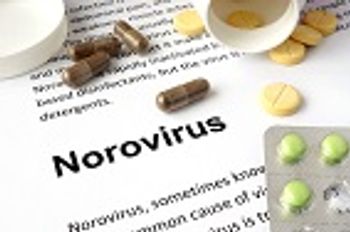
A norovirus vaccine developed by Takeda is the first and only one to be tested in human trials.

Which came first: high Zika viral load or a diminished immune system? This is a question that epidemiologists and medical experts from the Centers for Disease Control and Prevention are pondering in regards to the recent case of Zika identified in Salt Lake City, Utah that may have resulted in the individual's death.
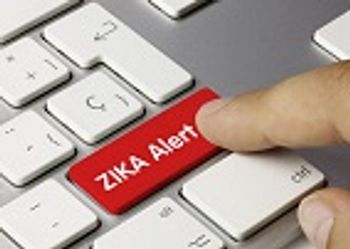
Congress failed to reach a decision on Zika funding today as a new study reveals that the epidemic is expected to last well into 2019.

With the 2016 Rio Olympic Games less than one month away, the Centers for Disease Control and Prevention (CDC) released a statement summarizing their assessment of the risk of Zika importation by those returning from the summer Games.
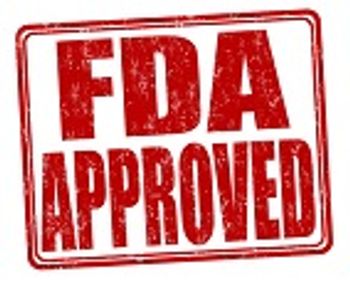
The US Food and Drug Administration (FDA) just approved the first test to detect human papillomavirus (HPV) using specific samples.

Due to an ongoing investigation of a multistate outbreak linked to contaminated liquid docusate products, the Centers for Disease Control and Prevention (CDC) advised healthcare providers against the use of these products.
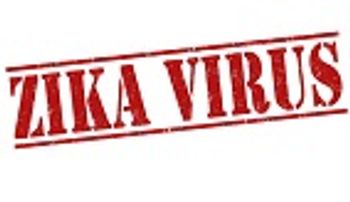
As Congress debates action to combat the virus, a patient in Salt Lake County, Utah has lost the fight against Zika.

According to a recent study, screening for microcephaly can no longer adequately determine whether or not a baby has suffered abnormalities due to a congenital Zika infection.

Because protection against this mysterious virus is essential, as is a need to understand it, researchers have been using the resources that are available to learn more about Zika and how to prevent infection.

One month before the summer Olympics are set to be begin in Rio de Janeiro, Brazil amid the threat of the Zika virus, another health threat has been identified in the city.
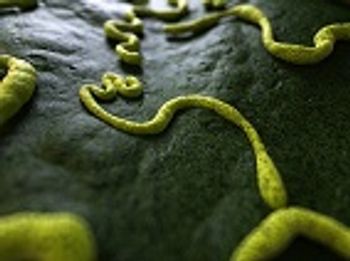
A new study may uncover the mystery behind why the Ebola virus disease is fatal to only some, and lead to pathways to new treatments.
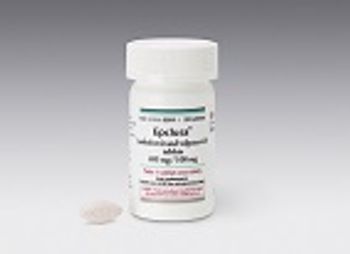
The US Food and Drug Administration just approved a new regimen to treat the six major forms of chronic hepatitis C (HCV).
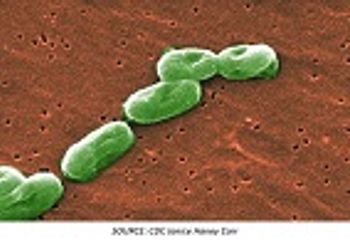
A multistate outbreak of Burkholderia cepacia infections might be linked to contaminated liquid docusate products in one of the states.

On Thursday, June 23, 2016, House Republicans approved a bill which included a $1.1 billion fund to combat Zika. But, there’s one big drawback, according to Democrats.
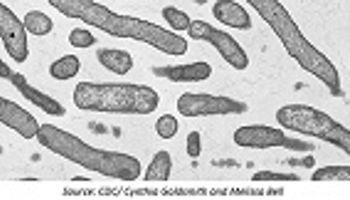
During a session at the ASM Microbe 2016 conference on Monday, June 20, 2016, a Centers for Disease Control and Prevention officer presented data on the investigation of the Elizabethkingia anophelis outbreak that started in Wisconsin and spread to two other states.
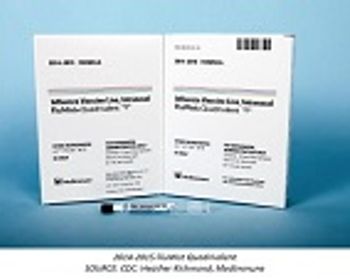
The Center for Disease Control and Prevention (CDC) Advisory Committee on Immunization Practices (ACIP) has voted against the use of the live attenuated influenza vaccine (LAIV), or “nasal spray,” for the 2016-2017 flu season.

A therapeutic vaccine for genital herpes has the potential to reduce viral activity as well as decrease the number of days of recurrent herpes, as observed in a phase II clinical trial.
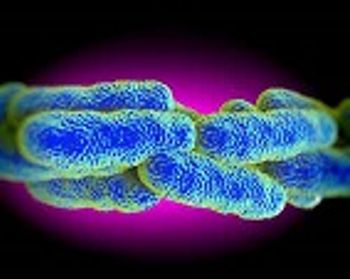
Research conducted by the Flint Water Study team at Virginia Tech revealed that DNA marker levels for Legionella in the city’s water supply has decreased since October 2015.
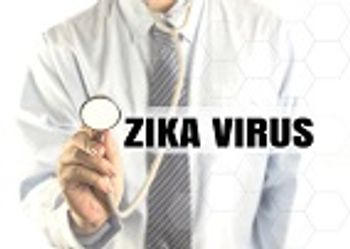
In an effort to contain the Zika virus, the Centers for Disease Control and Prevention (CDC) is holding a series of teleconferences regarding concerns that were raised during the Zap Zika conference held in early April. The fifth conference in the series discusses Zika epidemiology.
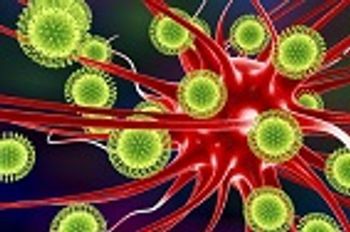
Recent studies on Zika have lead researchers to discover how the virus causes neurological complications, as well as ways in which the body can fight off the infection.

The FDA recently granted Emergency Use Authorization for the Idylla Ebola Virus Triage Test, a diagnostic test which detects the presence of the virus in blood.